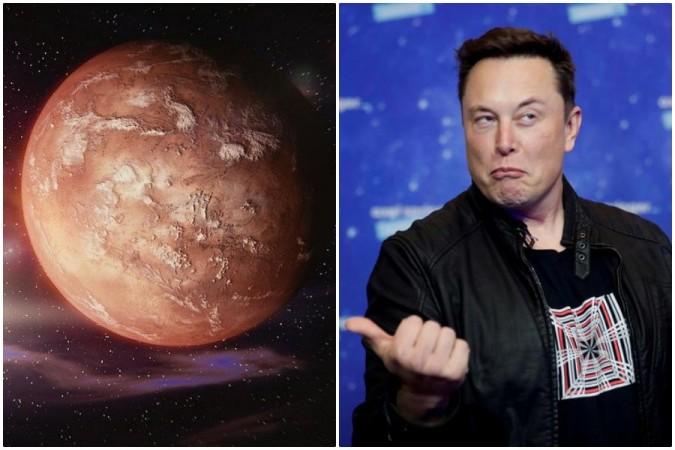It was on July 20, 1969, that NASA astronaut Neil Armstrong stepped his feet on the lunar surface. After landing on the moon, Armstrong delivered the iconic dialogue, "That is one small step for a man, one giant leap for mankind." Since then, humans have been trying to expand the horizons in space, and the next destination for space agencies is Mars. Space agencies like NASA have been busy pursuing their Mars ambitions over several years, and as a first step, they are trying to create a permanent human base on the lunar surface. Amid challenges and uncertainties, one man may overpower space agencies in the Mars race and he is none other than Elon Musk, the South African billionaire who founded SpaceX.
Unflinching Musk aims to land on Mars
NASA is trying to land humans in the 2030s. However, several experts believe that budget constraints for the already progressing Artemis mission could delay the mission even further. As uncertainties loom up, Musk has several times claimed that Space Exploration Technologies Corp will take humans by 2026, several years before NASA's stipulated timeline to land humans on Mars.

Widely considered the most dangerous human mission to Mars, Elon Musk himself has admitted that the journey could be dangerous, and there will be narrow chances of survival.
"We've recently made a number of breakthroughs that I am just really fired up about. I'm talking about moving there. Your probability of dying on Mars is much higher than on Earth. There's a good chance of death. There are lots of people who climb mountains. People die on Mount Everest all the time. They still like doing it for the challenge," Musk said in an interview with Axios on HBO.
Mars colonization: The deadliest human quest ever
NASA's Apollo astronauts reached the surface of the moon in just a few days. But a trip to Mars will take at least six to nine months, and astronauts will face several challenges during this journey. It should be noted that the distance between earth and Mars between 35 million miles and 249 million miles due to their elliptical orbits, Musk will only have a small window to adopt the most suitable way to the Red Planet.
Astronauts aboard the spaceship to Mars could also face issues related to solar flares. On earth, the magnetic field is protecting us from solar flares, but it will not be the case during the Martian trip.
Even after landing on the Red Planet, humans will face issues related to deadly space radiations. Samantha Rolfe, a popular astrobiologist had also suggested a similar view, and she believes that Musk's plans to take humans to Mars could be a suicidal move. She also believes that it is unethical to expose astronauts to lethal radiation that could cause very serious health problems.
















